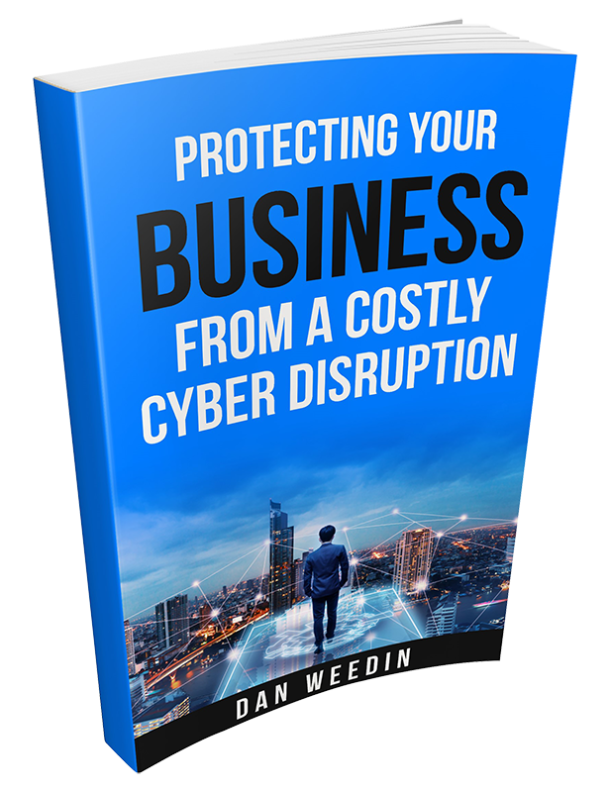Be careful of who you take advice from – especially if it comes unsolicited.
Our culture has become infatuated with judging. Reality television shows like American Idol, Dancing with the Stars, Project Runway, and Chopped entertain us with celebrity judges critiquing “real” people like us, booting them off shows, and heaping them with suggestions and often brutal tongue-lashing. And that’s why we in the viewing audience keep coming back for more every week.
Be careful in your business and personal life of advice that comes unexpectedly knocking on your door.
I’m a huge believer in coaching and mentoring. Heck, I’d better be since I am one. As I heard Patricia Fripp once say, “You can’t be brilliant by yourself.” Having a trusted adviser to help you along your path is crucial for success and sanity. Obviously, this is solicited advice. My issue comes when people want to give you their expert “judging” without your consent or desire. Unsolicited advice is always for the giver not the person it’s being given to.
You may ask, “But aren’t they just trying to be helpful?” Maybe. But what makes them think that you even want or need the advice? If you want it, you will ask. Just because they think they are right doesn’t mean they should force it on you. It may not be right for what you are doing. This unsolicited advice applies to many things you do in your life – speaking, writing, your business decisions, your civic activities, your website or blog, parenting, how you dress, where your kids go to school, etc. As an example, those of us in Toastmasters are used to offering evaluations. When done in the context of the meeting, it’s a terrific tool. When done outside, it’s simply rude. The same can be said for all the other areas stated. The worst thing for you to do is to take it to heart as if it were gospel, when in fact, you may have more knowledge and experience.
A couple final thoughts on “advice:”
- Always solicit advice from people you trust and who are where you want to be as a professional or person. That’s smart.
- Never accept advice without the person offering it even asking if you want it. You should have the right to accept or reject it.
- The amount of emphasis you should place on it should be equal with who is giving it to you. In other words, if you asked for it from a trusted adviser, put a lot of stock in it. If someone is telling you how to “improve” just to hear themselves pontificate, then dismiss it and run swiftly.
Finally, don’t offer unsolicited advice yourself. You should never assume the other person is “damaged” unless they give you proof of it. If you sincerely want to offer help, ask first. If they decline, that’s fine; it’s not an assault on your character or competence. Don’t take it personally.
Keep this final thought in mind when it comes to unsolicited advice – what is the motivation of the “judge?” Is it to really improve you or is it meant to help them boost their ego? Advice should always be for the benefit of the recipient and that’s why it should be asked for by them.
© 2010 Dan Weedin. All Rights Reserved


